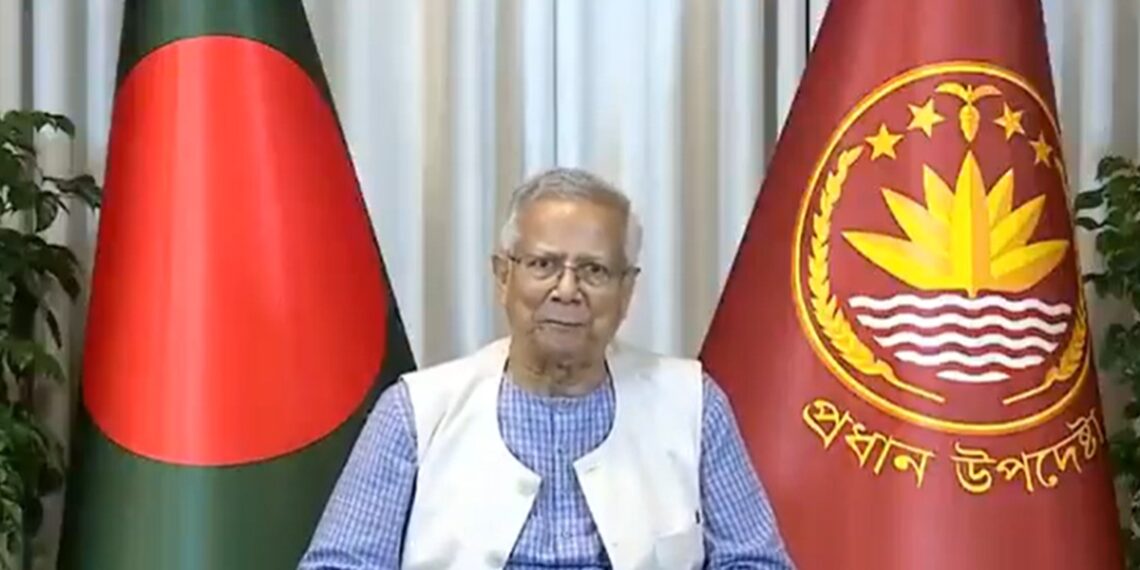Dhaka: Political parties in Bangladesh remain divided over interim Chief Advisor Muhammad Yunus’s recent announcement that general elections will be held in February 2026, ahead of the holy month of Ramadan.
The Bangladesh Nationalist Party (BNP) welcomed the decision, calling it a step toward restoring electoral confidence.
However, the National Citizen Party (NCP) criticised the move, arguing that the announcement was premature and lacked the backing of necessary political reforms.
“Many had concerns over the timing of the elections, but this announcement has removed that uncertainty,” BNP leader Salahuddin Ahmed told Jugantor.
“We hope the election will be free, fair, and globally admired. The BNP urges the people to start preparing for it.”
In contrast, the NCP said the announcement contradicted the broader political aspirations outlined in the July Charter — a reform roadmap being discussed among parties in the National Consensus Commission of Bangladesh.
“The unilateral declaration of an election date without visible reforms or the implementation of the July Charter goes against the spirit of national consensus,” the party said in a statement.
Senior NCP joint convener Samantha Sharmin also questioned the credibility of holding elections under current conditions.
“One party has been obsessed with setting a date while ignoring structural issues,” she said. “Without implementing the July Charter in full, it’s hard to imagine an election that is both fair and acceptable.”
Yunus had made the announcement on Tuesday, stating that he would formally write to the Election Commission to begin preparations for the February 2026 polls.
ALSO READ: US tariff hike poses no major risk to Indian economy, says RBI Governor
He also acknowledged the disagreements expressed during the second round of dialogue within the National Consensus Commission and said that efforts were ongoing to build consensus on electoral reforms.
“We are hopeful that, based on this dialogue, political parties will soon sign the July Charter and agree on a clear plan for its implementation,” Yunus said.
Bangladesh’s political future has remained uncertain since last year, when Prime Minister Sheikh Hasina’s Awami League government was ousted amid mass protests.
Although opposition parties united to remove Hasina, rifts have since emerged over reform priorities and the scheduling of fresh elections.















